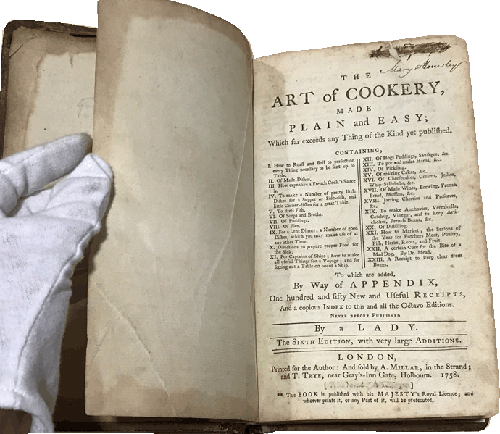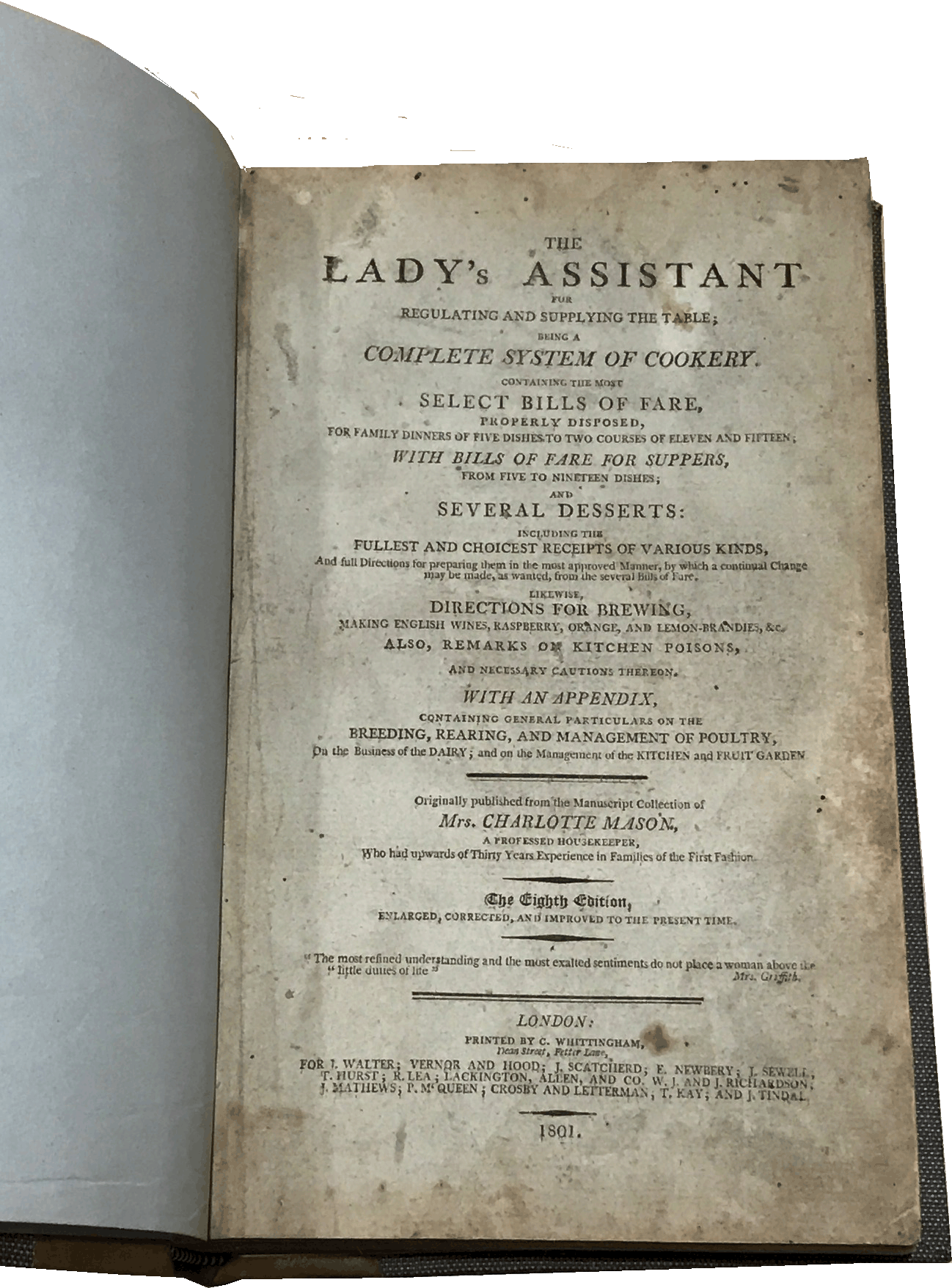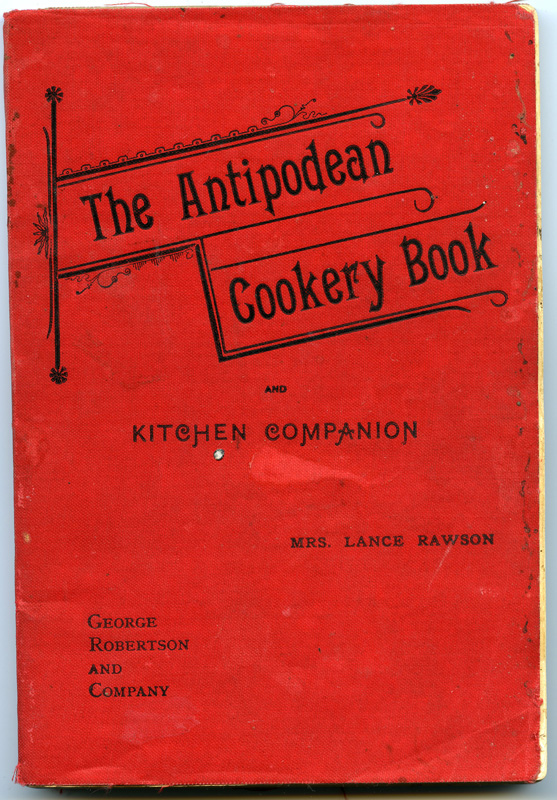Culinary Research Collection
Culinary Research Collection contains historically significant cookery books from around the world, including early Australian rare cookery books. The collection provides rich and extensive culinary resources for research in Australian culinary history, other culinary cultures, extensive recipes for all cuisines worldwide, and recipes for special occasions

Planning meat ration meals by The Commonwealth Rationing Commission and the Commonwealth Department of Health, 1944
To conserve food during WWII, rationing regulations on food was began in June 1942. Rationing worked on a coupon basis. Each adult Australian citizen received a ration book with coupons to be used for purchasing rationed item. This printed booklet containing recipes and menus using meat when certain cuts of meats could only be acquired by producing printed coupons. Food rationing did not end until 1950.

The New P.W.M.U. Cookery Book by the Presbyterian Women's Missionary Union of Victoria, 1941
The P.W.M.U cookery book was first published in 1904 and revised and reprinted many times since, it has sold well over 500,000 copies. This book is still in print today, and recently celebrated its centenary.

Truth and Daily Mirror Cook Book, from Australian housewives. Sydney, Invincible Press, circa 1940s
“Many of the recipes contained in this collection are prize-winners from “Truth’s” popular weekly competition, and the compilation has been made in response to numerous requests from readers in search of a cookery book suitable for the moderate household budget” - Introduction.

The Nu-Kooka, Sydney, circa 1947, 2nd edition
Published as a fundraiser in the 1930s, all money collected from sales of this book was donated to charities. Interestingly, the introduction encourages “housewives” to give priority to the firms that have advertised in this book, as without their support the book wouldn’t exist. The second edition in Special Collections was published around 1947. The book features a strong focus on cakes and sweets.
Cookery textbooks during 1940s

Notes and recipes on invalid cookery and nutrition, Emily McPherson College, circa 1940s

Cookery: a short course for beginners by Victoria Department of Education, 1942

The Art of Cookery Made Plain and Easy
By a Lady
London: Printed for the author, sold by A. Millar, & T. Trye, 1758
This cookbook was one of perhaps the most influential of all English 18th century cookbooks. It is still in print today and used as a reference for food research and historical reconstruction. This 1758 edition gave the first mention of “Hamburgh sausages” and piccalilli (Paco-Lilla).

The Lady's Assistant for Regulating and Supplying Her Table
By Mason Charlotte
London: Walter, 1801, 8th ed.
The Lady's Assistant" by Charlotte Mason is an important but much neglected eighteenth century cookery book. Unusually the table settings show layouts for more ordinary households as well as affluent ones, and the recipes follow this pattern. In an introduction the food historian Ivan Day discusses Charlotte Mason's innovative dishes in this most interesting work. In the first edition of 1773 the book's author was described as 'a professed housekeeper, who had upwards of thirty years’ experience of families of the first fashion'

The English and Australian Cookery Book
Edward Abbott
London, 1864, 1st edition
First and only edition published in 1864, written by Edward Abbott (1801-1869). One of only eight known Australian archival copies. Published pseudonymously by “an Australian Aristologist”, the book is a gastronomic miscellany of ‘the modern cookery of the mother country and the colonies’, and of Continental and Hebrew cookery.
Recipes include ‘Roast Beef of Old England’, ‘kangaroo steamer’ and ‘slippery bob’ a dish of battered kangaroo brains fried in emu fat

The Antipodean Cookery Book
By Mrs. Lance Rawson
Melbourne, 1897, 2nd edition.
First edition published in 1895, this old cookery book has been reprinted in recent years, the latest facsimile edition was published in 1992. The author, Lance Rawson, told young housewives that cooking is an essential skill for a happy marriage, and encouraged them to learn about edible bush food from Aboriginal people in the bush area. In her book, it shows us the cooking fashion in Australian pioneers’ family in nineteenth century.



Personal Recipe Cards and Notebooks donated by the Public
